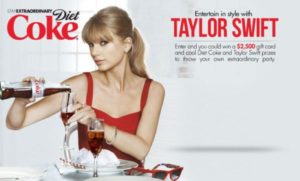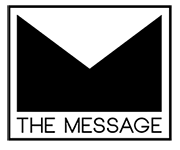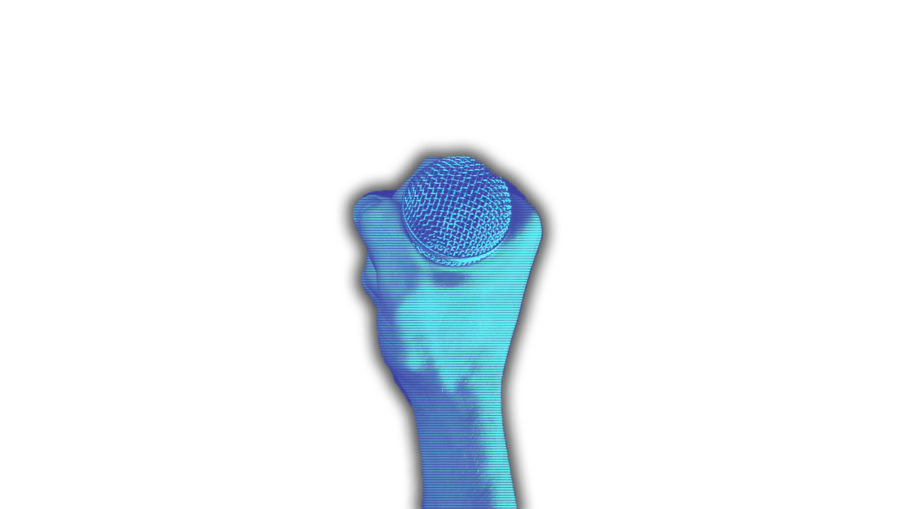The Swedish clothing company H&M had to close several stores in South Africa when protests erupted over an image from its online store. The image of a young black child wearing a sweatshirt that read “Coolest Monkey in the Jungle” received quick backlash on social media. New York Times columnist Charles M. Blow tweeted a screenshot of the image adding, “@HM, have you lost your damned minds?!?!?!” Celebrities, who often collaborate with H&M, swiftly condemned the clothing company. Most notably, The Weeknd pulled his support for the brand tweeting, “Woke up this morning shocked and deeply embarrassed by this photo. I’m deeply offended and will not be working with @HM anymore…”
The backlash is because the term “Monkey” was historically used as a racial epithet to demean black Americans. Hopefully, in hindsight of this racially insensitive oversight the company will take some serious consideration in their choices going forward.
In an apology to the Washington Post H&M stated, “We understand that many people are upset about the image. We, who work at H&M, can only agree. We are deeply sorry that the picture was taken, and we also regret the actual print. Therefore, we have not only removed the image from our channels, but also the garment from out product offering globally.”
We will see whether or not this apology will bring frustrated and offended customers back to brand. At best, this was a grave misstep by the company. But this is just the most recent controversy in the advertising world. The question remains, can we prevent these instances from occurring before companies even need to apologize.
Social Media & the Consumer Voice
In October 2017, Dove dropped an Ad after it received intense backlash on social media for being racially insensitive. The Ad featured three women removing their shirts to reveal the other. The transition was from a black woman to a white woman. Which many found to evoke turning a “dirty” black person into a “clean” white person. Dove quickly removed the Ad and apologized.
Earlier that year, Nivea pulled an ad titled “White Is Purity.” It’s pretty clear why this didn’t go over well with consumers. And who can forget the Pepsi/Jenner ad released the same month? Pepsi’s advertisement featured Kendal Jenner stopping a protest by handing an officer a Pepsi. The company was largely criticized for using an image evoking the Black Lives Matter movement while putting a white woman at the front and center. Pepsi removed the ad and stated, “Pepsi was trying to project a global message of unity, peace and understanding. Clearly, we missed the mark and apologize. We are pulling the content and halting any further rollout.”
The good news for consumers is that outcry on social media works. We now have an in-real-time platform to respond to advertisers. It’s a perfect way to let them know when they get it wrong. However, while companies do make mistakes the onus should not be on the consumer to remind brands not to be racially insensitive. These companies hire agencies and staff to do this work for them. In 2018, products or campaigns like the H&M and Pepsi debacles shouldn’t make it past the discussion room floor.
Celebrity Endorsements
 With the rise of social media influencers companies have utilized more efficient ways for reaching their customers. It is much more cost effective and quicker to have an Instagram influencer market your product then a big name celebrity. Even so, celebrity endorsements remain big business because their opinion matters in popular culture.
With the rise of social media influencers companies have utilized more efficient ways for reaching their customers. It is much more cost effective and quicker to have an Instagram influencer market your product then a big name celebrity. Even so, celebrity endorsements remain big business because their opinion matters in popular culture.
Many companies have rescinded their endorsement for a celebrity when their actions become controversial. Think Ryan Lochte and Tiger Woods. But celebrities publicly pulling their support for a company happens much less often.
Yet celebrities can greatly influence the conversation. The Weeknd isn’t the first celebrity to walk away from a brand he worked with (a brand that probably paid him a lot of money). Sarah Jessica Parker spoke out against Mylan, a pharmaceutical company that makes EpiPen. In doing so, Mylan was forced to create a lower generic version of the lifesaving product. Which may have never happened had Parker not spoken out. Similarly, in 2016 Scarlett Johansson quit her job as ambassador for the group OxFam International. Even the Kardashian’s have pulled their support for products they didn’t agree with.
Celebrities and consumers together can effect how businesses behave. And while the consumers voice is important there is no denying the effect one celebrity can have by speaking out.






